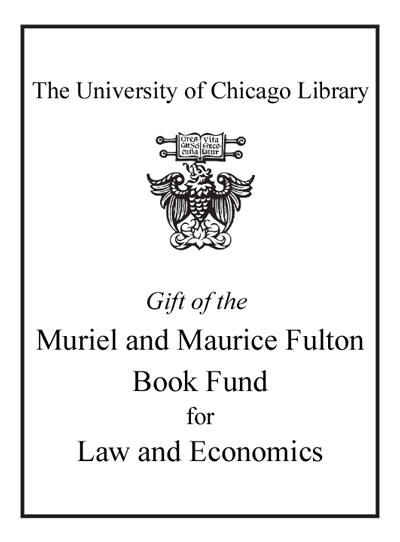| Summary: | This work provides a framework for thinking about the law and cyberspace, examining the extent to which the Internet is currently under control and the extent to which it can or should be controlled. It focuses in part on the example of MP3 file-sharing, a file format that enables users to store large audio files with near-CD sound quality on a computer. By 1998, software available for free on the Web enabled users to copy existing digital files from CDs. Later technologies such as Napster and Gnutella allowed users to exchange MP3 files in cyberspace without having to post anything online. This ability of online users to download free music caused an uproar among music executives and many musicians, as well as a range of much-discussed legal action.
|
|---|


